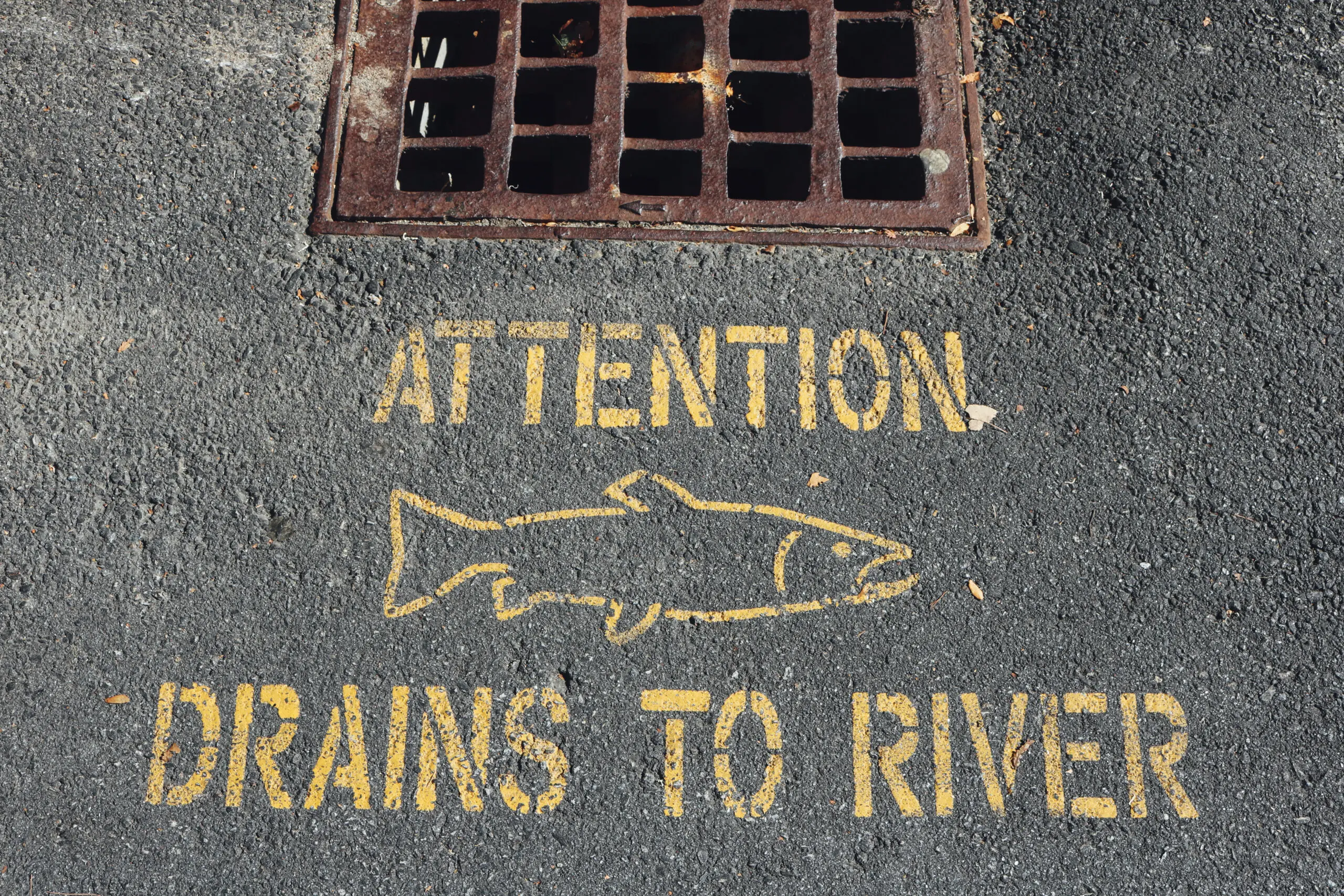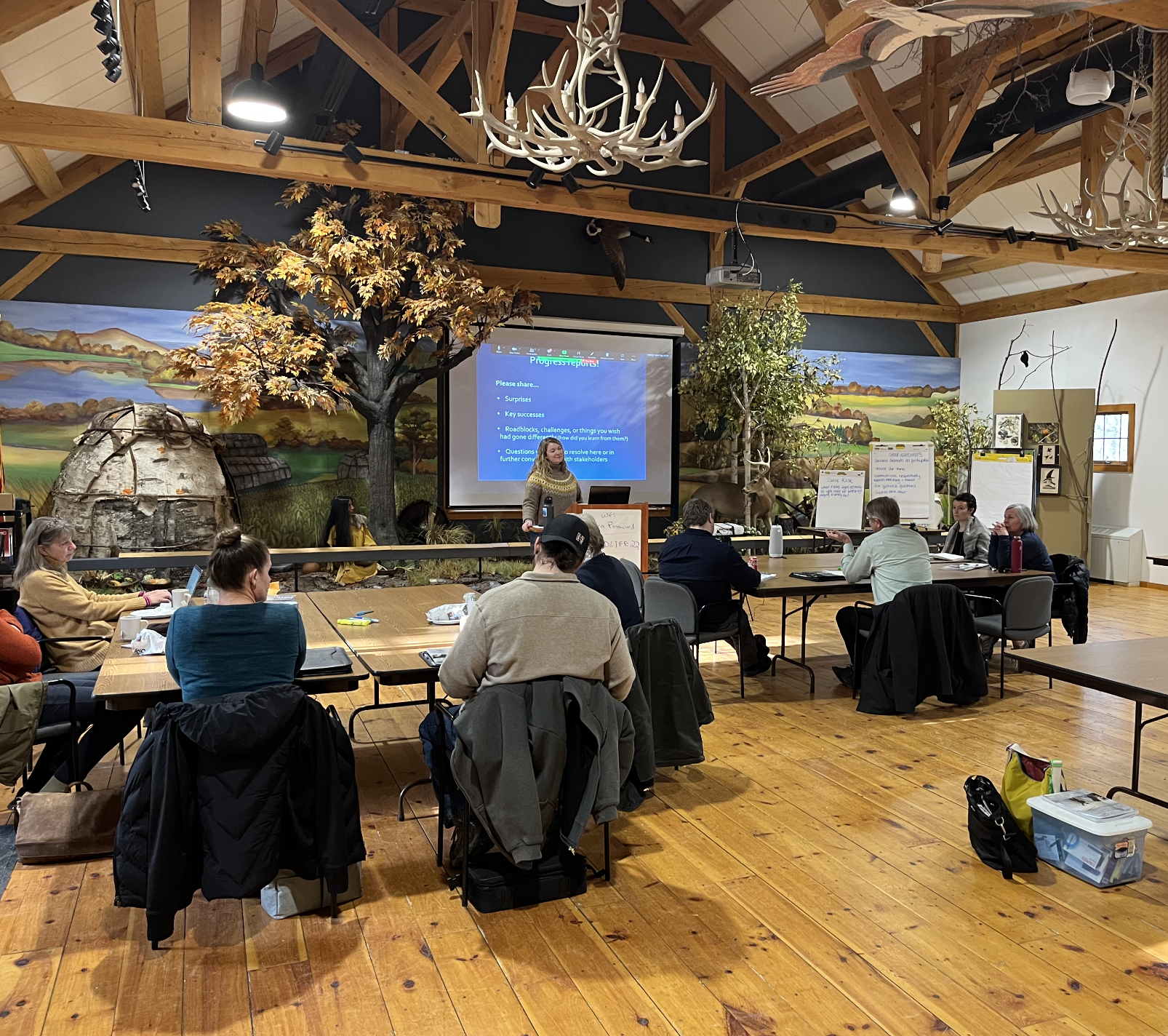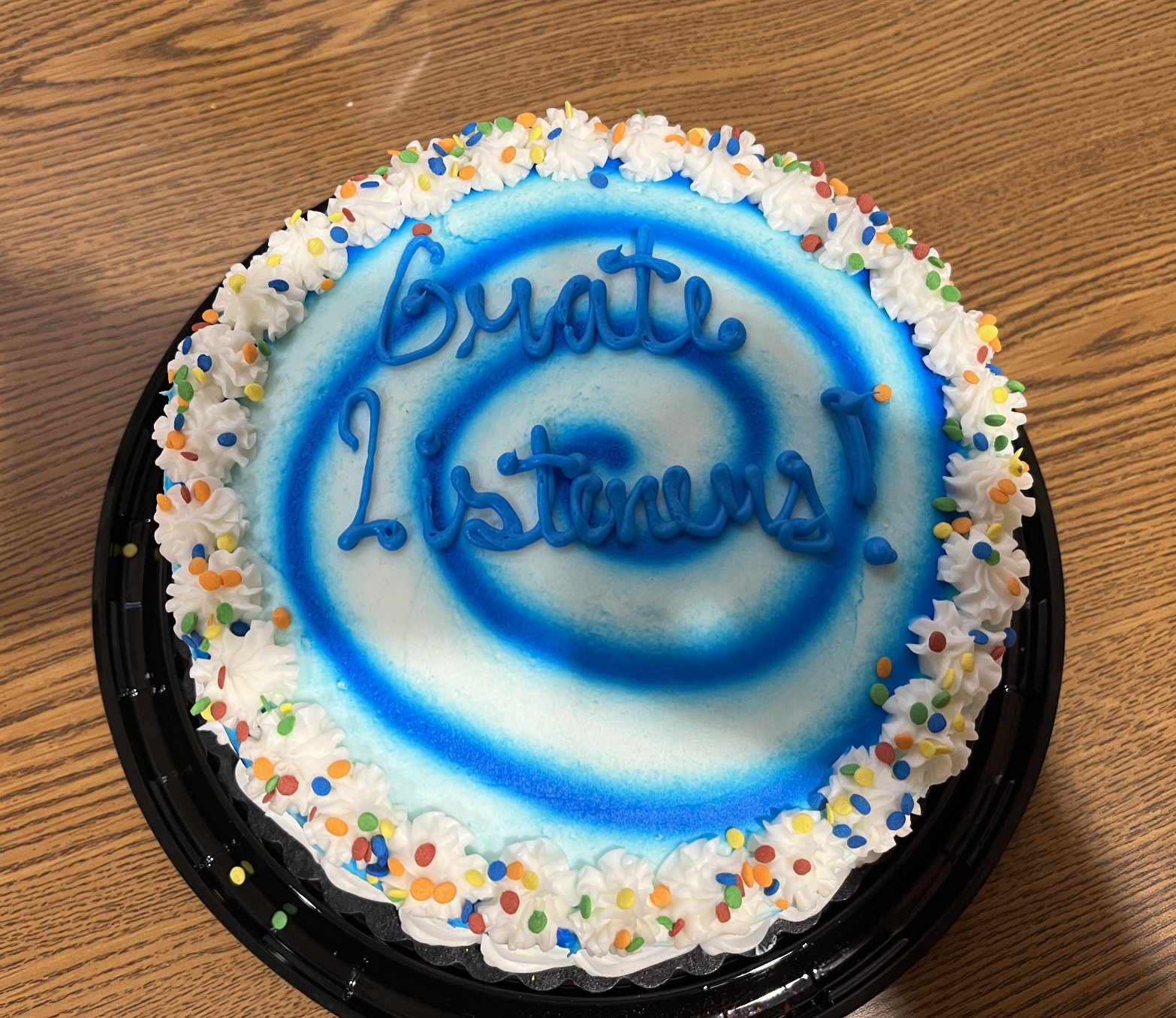This fall and winter PREP partnered with the Great Bay NERR, NH Sea Grant/UNH Extension, New England Environmental Finance Center, and the Southeast New England Program (SNEP) to host the Building Community Support for Sustainable Stormwater Funding Workshop series for NH communities. This series is an interactive training developed by the US EPA and the Consensus Building Institute and is designed to offer opportunities to learn and practice skills to improve community engagement. The creation of this training resulted from a 2013 study by the EPA that found that “stakeholder engagement and public outreach processes contributed to the development and adoption of adequate and sustainable stormwater funding programs.” (More details here: U.S. EPA. 2013. Evaluation of the role of public outreach and stakeholder engagement in stormwater funding decisions in New England.)
"I feel more confident in my ability to find common ground between stakeholder interests and my stormwater goals."
To reduce flooding and keep lakes, rivers, and bays clean, municipalities manage the runoff from harded surfaces like roads, pavement, and rooftops - also known as stormwater. These activities include inventorying and mapping storm drains, cleaning catch basins, cleaning streets, replacing and upsizing culverts, separating storm and sewer systems, complying with EPA regulations, and more. While these practices are beneficial to the environment and reduce the burden of stormwater on local waterbodies, they have labor and materials costs associated with them. Dedicated stormwater funding is designed to help municipalities address these costs. In recent years there has been renewed interest in stormwater funding programs in local communities due to EPA’s Great Bay Total Nitrogen General Permit (an adaptive management approach to reduce nonpoint source pollution that creates an opportunity for municipalities to invest in stormwater management and benefit from a dedicated funding source) and increases in flooding and ageing infrastructure. This training was a terrific way for PREP and partners to offer support to Piscataqua Region communities who are grappling with these topics.
"The combined efforts of a ground of decent well-meaning participants made me feel like I was in the right place. This includes the facilitators. Our communities can use more people like these folks."
Overall, the workshop's goal was to support municipalities in securing dedicated funding for often under-funded, under-staffed, and under-prioritized stormwater and water infrastructure operations, maintenance, and projects. The workshop included presentations and exercises related to identifying and proactively educating key decision makers and residents in a community, testing and refining stormwater funding programs and supported solutions, facilitating access to local knowledge, and building support and momentum. Although the workshop series was designed to build support for stormwater funding in a community, the skills participants learned are transferrable to other community initiatives that would benefit from improved public engagement.
The in-person/virtual hybrid workshop was split into eight half day sessions in October, November, January, and February. Teams from Dover, Exeter, Hampton, Newmarket, Rochester, and the University of New Hampshire all attended the series. Over the five months, participants learned the basics of negotiation theory (separating interests from positions), how to conduct a stormwater costs inventory, develop questions and interview templates, listen actively, analyze interview content, and develop engaging presentations. In addition, participants developed several useful tools by building a map of parties vital to the conversation, reviewing public engagement tools, and drafting a public engagement plan. Not only did participants learn about the theory behind these skills, but they also got to test them out during and between workshop sessions. Participants were charged with assignments that included mapping perspectives in their communities based on level of interest and power, developing interview questions, conducting the interviews, and final presentations about their experience, what they learned, and potential next steps in their communities.
"[I gained] a better understanding of how to engage with a non-technical audience - tools for listening rather than attempting to force knowledge and opinions."
At the end of the workshop there seemed to be appetite to meet again as a cohort to share what progress communities have made. It would be great to get together again to see how these communities used the skills they learned and what they accomplish in the coming months! Already we have word that Rochester is working with a committee and Geosyntec to continue investigating a stormwater utility for their community and that Abigail Lyon, the Community Engagement Manager of PREP, is participating in the Dover CFRING project to develop a stormwater utility ordinance for vote in December 2023 and associated public engagement.
"An idea of what is possible in terms of ... engaging stakeholders and people with power in the community."




